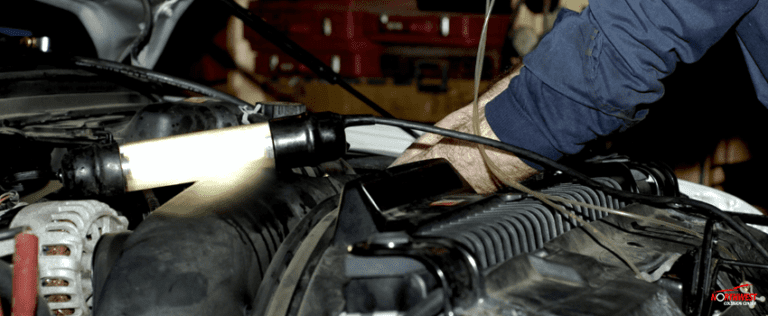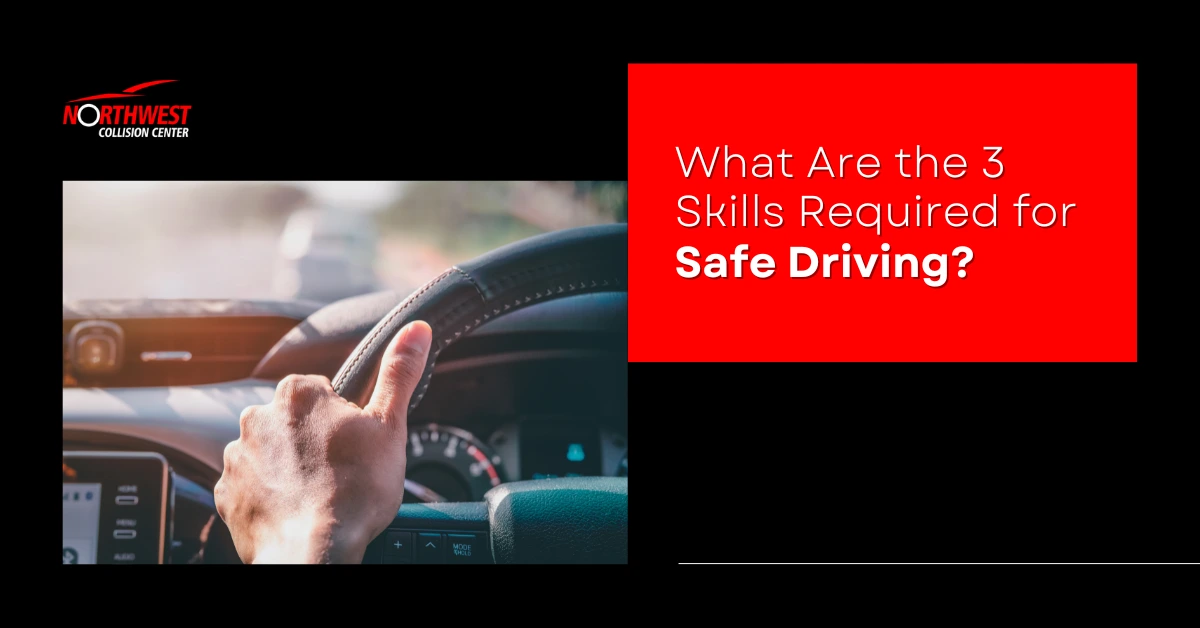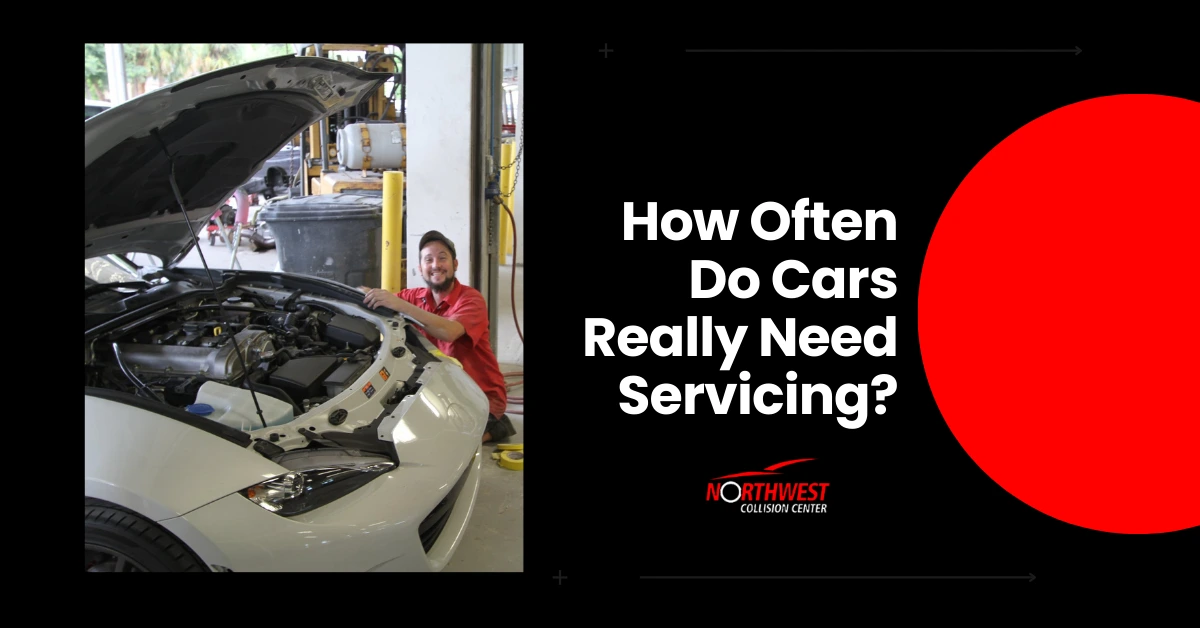These days, it’s quite tempting to repair your car all by yourself, especially when you see that it’s just a minor problem. Anyway, there are lots of free online tutorials that you can always refer to.
Yet, while it’s perfectly fine to try fixing broken items on your own, car repair should not be one of them. The typical vehicle is composed of numerous parts with functions you won’t fully grasp. Identifying a given car issue based on what you read on the internet is risky as this could lead to more serious problems.
Reasons a DIY Car Repair Should Be Avoided
Every year, about 6 million car crashes happen on our roads on average. This easily translates into billions of collision repairs. However, rather than go to a repair shop, many car owners opt to do the repair themselves using information available online.
The internet has revolutionized the DIY concept, but when it comes to auto repairs, things can become complicated. Below are the reasons you should not take the DIY route when your car needs fixing.
1. The internet is not always right.
With the internet, practically every problem can be solved. All you need to do is search. The truth, however, is that some things are too complicated even for the internet to explain fully. Automobiles, for example, are unique because of their model, make, and year. Each vehicle has its own distinct parts, and If one of these needs to be repaired, there are specific tools that need to be used.
These are little things that you won’t always get from a generic DIY car repair online tutorial. A top-notch auto repair shop, on the other hand, usually has access to loads of information on different car brands and how they should be handled.
2. The value of your car could decrease.
A professional car mechanic will usually guarantee the quality of repair on your auto. This will increase the value of your vehicle. However, if you do the repair yourself, you could have a hard time reselling the car. This is because potential buyers will have second thoughts doing business with you as you can’t present any documentation showing that the repair was done by a professional.
3. DIY auto repair is time-consuming.
It will take time to repair your car, especially if it’s the first time that you’ll do it. Familiarizing yourself with the different parts and what they are for can take hours, and you’ll likely end up frustrated if things don’t turn out the way you expect them to. In this case, t’s obviously much better to take your vehicle to a local repair shop.
4. An inaccurate repair will likely happen.
Many DIY car maintenance and repairs often have inaccurate results. This is because it’s largely a trial-and-error thing unless you’ve already done this several times in your car.
This will hardly happen if you entrust your vehicle to a professional repair shop. They have well-trained technicians who can accurately diagnose the problem and make the appropriate repairs. In practically all cases, the job gets done correctly the first time.
5. The right tools are not at your disposal.
DIY auto repairs often fail due to the lack of tools and equipment. To proceed with your car repair work, you just have to use what is available. Doing so could further damage your vehicle, leading to more extensive repair.
If you’re serious in doing DIY auto repairs, you will need to consider investing in the different equipment commonly used by auto mechanics. However, this will entail cost and you’ll also need to find out how to use these tools effectively.
6. Prepping the car is not easy.
Car repair services involve preparing the subject car for the process. This is not an easy thing, and even professionals sometimes have difficulty getting a vehicle prepared for the needed repair.
Without proper prepping, your car could suffer further damage. Only an expert mechanic can come up with an effective way of prepping an auto.
7. Only professionals can fix a damaged car.
It’s tempting to fix a minor auto body damage like a small dent on your own. The job, however, is not as simple as using hot water and soap. There are specialized tools that will have to be used to make the repair look professional. As a car owner, you naturally want only the best car repair services for your four-wheeled friend, and only a trusted auto shop can provide this to you.
8. The results can fall below expectations.
Not all motorists possess the skills to repair their vehicles when these are damaged. Still, DIY has given them the confidence to take on the challenge, but without the needed skills, they can get lost in the complexity of the repair process. This can lead to sub-par results and a deep sense of frustration.
9. The repair is not set in a controlled environment.
DIY auto repairs are dangerous because you’ll be working in an uncontrolled environment like your back yard. An accident could occur while you’re doing the repair and you don’t have access to an emergency kit. This could consequently put your life in danger.
If the scenario takes place in a professional auto shop, there are emergency personnel who are on hand to provide assistance. Also, in a typical car repair center, there are safety standards in place designed to minimize, if not completely avoid, any accident.
10. Personal safety can be compromised.
If you decide to do a DIY on your car, there are wires and other parts that could injure you as they are electrically charged. This can happen if you’re not familiar with the basics of auto repair, which includes being aware of the safety risks involved and taking the needed precautions before doing anything on your car.
Key Takeaway
There’s little doubt that DIY has given people the confidence and courage to accomplish things that they never thought they could. However, the concept does not apply to all human activities, and this includes repairing a damaged car.
Auto repair involves a complex process because cars are complicated machines. No DIY tutorial can completely tell you how you can fix your vehicle the way you want it to come out. It’s best to take your car to a reputable auto repair shop where you stand a better chance of getting the results that you’re looking for.
Contact Northwest Collision Center and enjoy the best auto repair service.
If you tried to DIY your car, and found that the results did not meet your standards, it’s time you try our brand of service. Northwest Collision Center services all types of vehicles and offers excellent repair services.
We are the experts when it comes to auto repair and maintenance. Our auto body shop St. Petersburg, FL, team will prove this to you if you reach out to them today. For the full details of all our services, feel free to contact us anytime. We are always ready to help. Call now.










